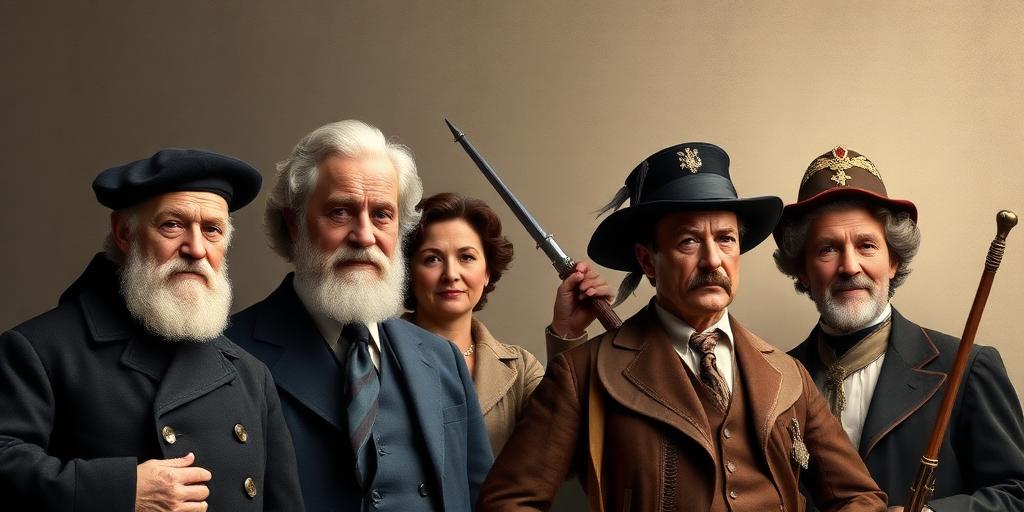Biographical films, or biopics, have a unique power to transport audiences into the lives of remarkable individuals, offering glimpses into their triumphs, struggles, and the historical contexts that shaped them. These films, when executed with precision and respect, not only entertain but also educate and inspire. This article delves into some of the most compelling biopics that have successfully brought real stories to life, examining their accuracy, impact, and artistic merit.
The Importance of Accuracy in Biopics
One of the critical aspects of a successful biopic is its commitment to historical accuracy. While creative license is often employed to enhance narrative flow and emotional impact, the core events and character portrayals must remain faithful to the subject's life. Films that prioritize accuracy demonstrate a respect for their subjects and provide audiences with a genuine understanding of the historical context. Inaccurate portrayals can lead to criticism and undermine the film's credibility.
Spotlight on Notable Biopics
Several biopics have achieved critical acclaim and commercial success by meticulously recreating the lives of their subjects:
"Schindler's List" (1993): Directed by Steven Spielberg, this film tells the story of Oskar Schindler, a German businessman who saved the lives of more than a thousand Polish-Jewish refugees during the Holocaust. The film's stark portrayal of the atrocities of the Holocaust and Schindler's transformation from opportunist to humanitarian made it a powerful and enduring cinematic achievement.
"Malcolm X" (1992): Spike Lee's epic biopic chronicles the life of Malcolm X, the African-American Muslim minister and human rights activist. Denzel Washington's compelling performance and Lee's meticulous attention to detail brought Malcolm X's complex journey to the screen, exploring his evolution from a street hustler to a revolutionary leader.
"The Imitation Game" (2014): This film portrays the life of Alan Turing, the British mathematician and computer scientist who played a crucial role in cracking the Enigma code during World War II. Benedict Cumberbatch's portrayal of Turing captured the brilliance and personal struggles of a man whose contributions were initially overlooked due to his homosexuality.
"Gandhi" (1982): Richard Attenborough's "Gandhi" offers an in-depth look at the life of Mahatma Gandhi, the leader of the Indian independence movement. Ben Kingsley's portrayal of Gandhi is widely regarded as one of the most iconic performances in cinematic history, capturing the essence of Gandhi's philosophy of nonviolent resistance.
Impact and Reception
The impact of biopics extends beyond mere entertainment. These films often spark public interest in the lives of their subjects, leading to increased book sales, documentaries, and academic research. They can also influence public perception and contribute to social and political discourse. For example, "Malcolm X" played a significant role in educating a new generation about the civil rights movement and the complexities of racial identity in America.
The Art of Adaptation
Adapting a real-life story for the screen requires a delicate balance between historical accuracy and cinematic storytelling. Screenwriters and directors must make choices about which events to include, how to portray characters, and how to structure the narrative. The most successful biopics are those that manage to capture the essence of their subjects while creating a compelling and engaging cinematic experience.
In conclusion, biopics serve as a powerful medium for bringing real stories to life, offering audiences a window into the lives of remarkable individuals who have shaped history. By prioritizing accuracy, artistic integrity, and compelling storytelling, these films can educate, inspire, and leave a lasting impact on viewers.









